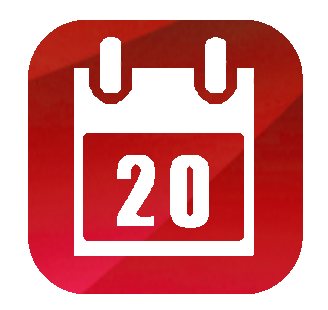Small business planning is an essential task for a successful small business but is also one of the tasks that is likely to be overlooked, rushed or not done at all. A well-thought-out business plan can help you to create order out of chaos.
No matter who you go to for advice, they will recommend that you put a lot of time and effort into your business plan but unless they need external financing (in my experience at least) very few first-time entrepreneurs do. Writing a business plan is hard work. Much of the content will need to be researched and tested and the result is often far from exciting, so why would you bother?
Believe it or not (look out – cliche coming):
it is the journey and not the destination that is important when you are talking about business planning!
The work you put into researching your business idea to prepare your business plan will provide you with valuable information about how your business will operate.
A Simple Business Plan
When you are just starting it doesn’t pay to get too fancy with your business plan. Keep it simple and fairly straightforward, rather than spending money on glossy covers and expensive paper concentrate on developing well-researched and relevant content for your plan.
Most business plans follow a similar format.
Below, I have listed the contents of a small business plan that can be adopted or modified by most small business startups. Depending on the purpose of the business plan and who your audience is, you can either include all of the sections or leave out a few to produce a more streamlined or simple business plan.
A detailed business plan would include the following sections:
- Executive Summary
- Background
- Sales Analysis
- Market Analysis
- Competitor Analysis
- SWOT Analysis
- Objectives
- Marketing Plan
- Organization and Management
- Financial Plan
- Operational Plan
- Key Milestones and Responsibilities
- Attachments
Business Planning Software
If you are not sure how to get started, Business Planning Software can be very helpful.
Most take you step by step through each section of your plan and guide you about what to include. The software will not write the plan for you, but it will provide you will a template to follow.
Getting The Information You Need for Your Business Plan
If you look through each of the sections of the business plan layout above, you will notice that there are several different types of analysis required to complete your business plan. Not everyone who wants to start a small business has a research and analysis background and quite a few get cold shivers if you try to talk stats with them. So these sections are the ones that are most likely to be handled badly or skipped altogether.
But quite frankly, if you decide to cut the research and analysis from your business plan because it is too hard or you don’t know how to do it, you might as well not bother writing a business plan at all!
And if you don’t write a small business plan, you will have more chances of earning decent money buying lottery tickets than starting a small business!
Could you use some help with the difficult research and math stuff?
- Small Business Market Research
- SWOT Analysis for Small Business
- Developing Financial Forecasts for Your Business Plan
Common Business Planning Mistakes
Making serious mistakes in your business plan that can damage your credibility before you even begin is far more common than you might think. If you take a bit of time now to read about some of the more common business plan mistakes, you may be able to avoid them.





